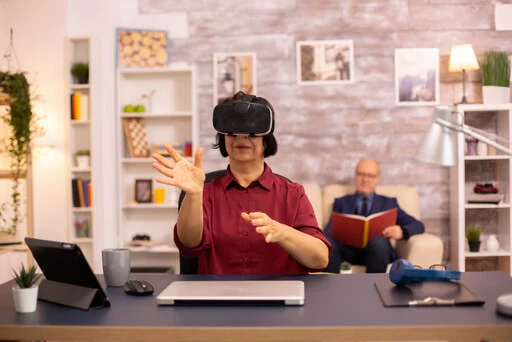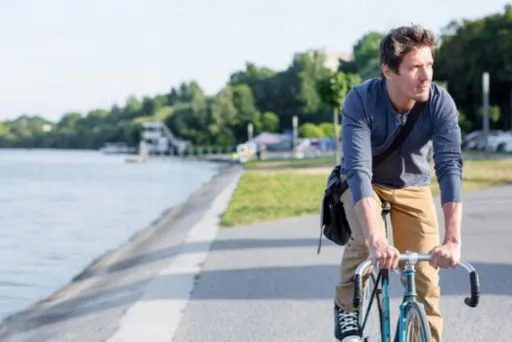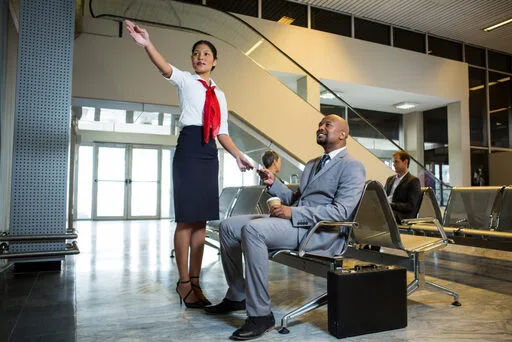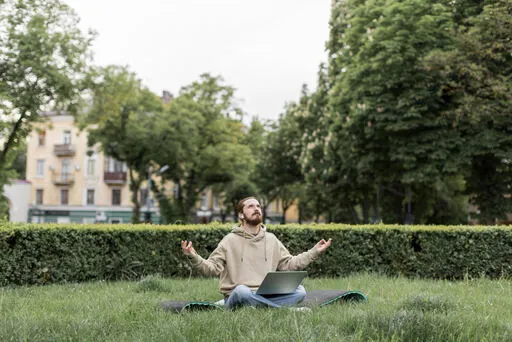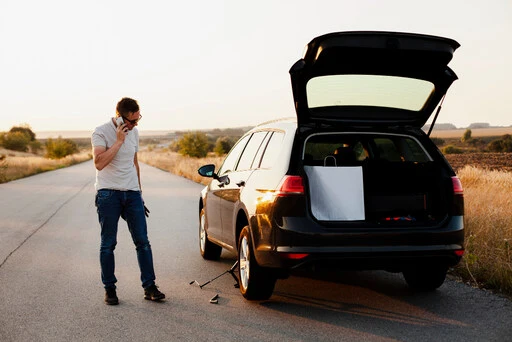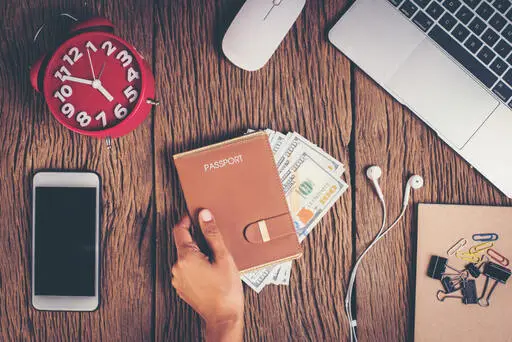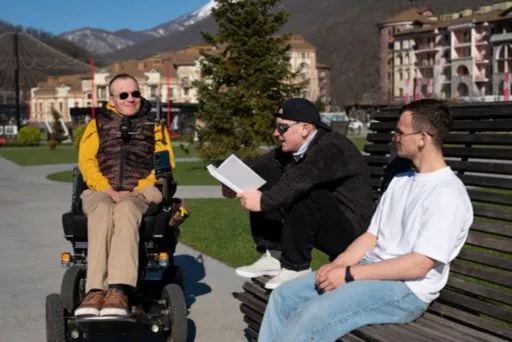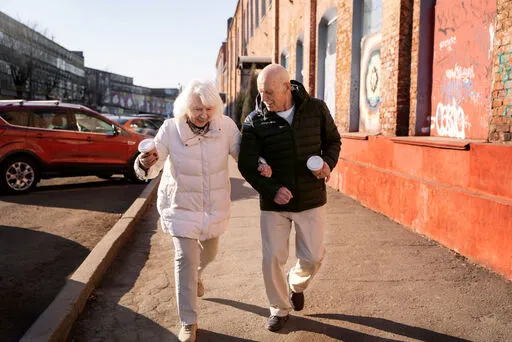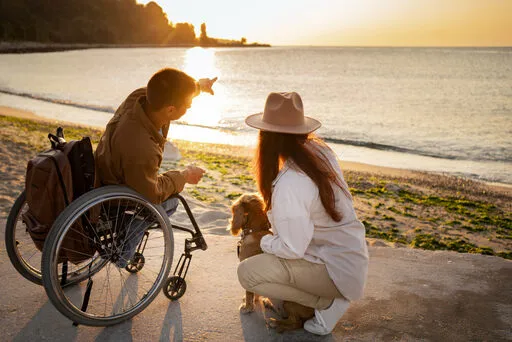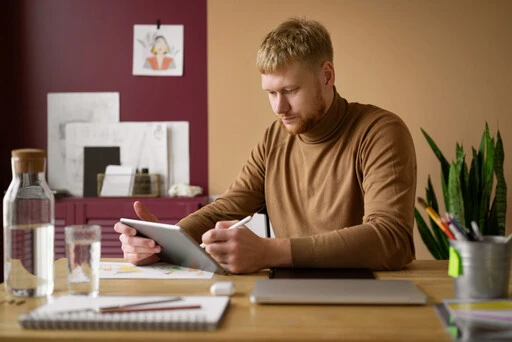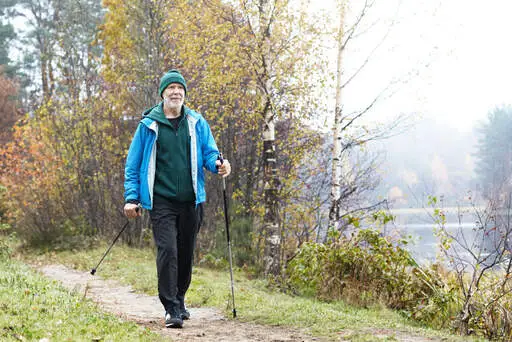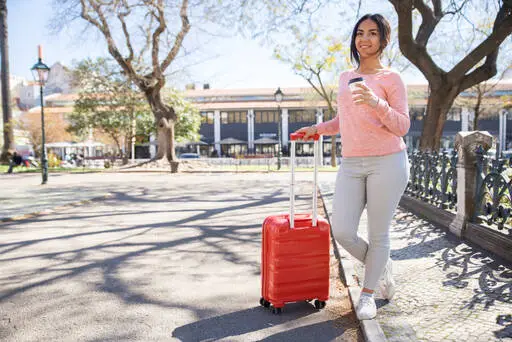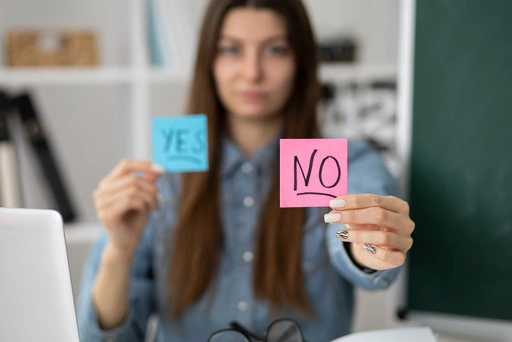Traveling should be an exciting adventure, but for many, travel anxiety can turn the experience into a stressful ordeal. Whether you’re flying across the world or taking a short road trip, managing that anxiety is key to enjoying your journey. At Good to Best, we’re sharing simple and effective tips to help you stay calm and fully embrace the beauty of travel.
Table of Contents
1. Understanding Travel Anxiety
Travel anxiety is a form of stress or fear that occurs when someone is about to embark on a trip. It can manifest as nervousness, worry, or even panic, making the thought of travel overwhelming instead of exciting. For some, this anxiety may appear days before the journey, while for others, it might arise during the actual travel experience. Addressing travel anxiety is essential to ensure that you can fully enjoy the adventure and embrace the new experiences that travel offers.
Travel can trigger feelings of uncertainty, especially when venturing into unfamiliar destinations. Many individuals experience symptoms like racing thoughts, physical tension, or trouble sleeping before a trip. Understanding the root cause of travel anxiety is the first step in overcoming it. By recognizing its effects and implementing calming strategies, you can turn what might feel like a daunting journey into a more peaceful experience.
- What Triggers Travel Anxiety?
Several factors can trigger travel anxiety, making what should be an exciting experience feel stressful. One common trigger is the fear of the unknown — not knowing what to expect in a new place, navigating airports or stations, or dealing with foreign languages can all lead to worry. Additionally, concerns about missing a flight, losing luggage, or encountering delays can further escalate feelings of anxiety during travel.
For some people, the physical act of travelling itself can be a trigger. Fear of flying, being in unfamiliar environments, or even being away from home for extended periods can heighten travel anxiety. By identifying these specific triggers, individuals can take targeted steps to manage and reduce their anxiety, making travel more enjoyable and less stressful.
- How Common Is Travel Anxiety?
Travel anxiety is more common than many people realize. A significant portion of travellers, regardless of experience, face some level of anxiety before or during their trips. It’s not limited to infrequent travellers either — even those who regularly travel for work or leisure can experience bouts of worry or stress.
Surveys and studies suggest that a considerable percentage of people experience mild to severe travel anxiety, with fears related to flying, safety, or being away from their comfort zone. Knowing how common travel anxiety is can help individuals feel less isolated in their experiences and more motivated to seek ways to manage it.
2. Pre-Trip Preparation for a Stress-Free Journey
One of the most effective ways to reduce travel anxiety is through careful pre-trip preparation. By taking proactive steps before your journey begins, you can minimize potential stressors and ensure a more enjoyable travel experience. From organizing your itinerary to confirming bookings, pre-trip preparation offers peace of mind, allowing you to focus on the excitement of your adventure rather than the worry of things going wrong.
For many travellers, the key to a stress-free trip lies in the details. Ensuring you have everything planned out in advance—from transportation to accommodations—can ease your concerns about the unknown. By addressing common worries before they arise, you’ll feel more confident and ready to embrace your travel experience with calm and excitement.
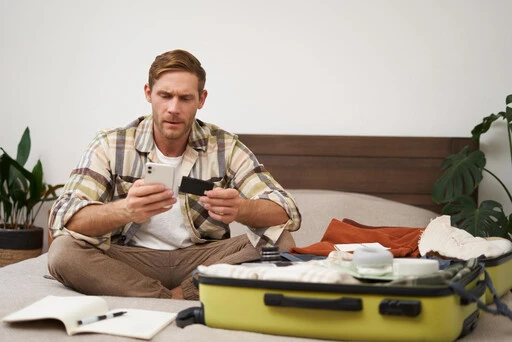
- Planning and Organizing Ahead of Time
Planning and organizing ahead of time is one of the most important steps in managing travel anxiety. By creating a well-structured itinerary, booking flights and accommodations early, and familiarizing yourself with your destination, you can eliminate many uncertainties that trigger anxiety. Researching your travel destination, including local customs, transportation options, and emergency contacts, helps you feel more in control and prepared for your trip.
Staying organized also involves keeping all important travel documents—such as passports, boarding passes, and hotel reservations—in one easily accessible place. Using travel apps or checklists can further ensure that nothing is overlooked. By taking the time to plan and organize, you can significantly reduce the anxiety that often stems from the unpredictability of travel.
- Packing Essentials for Comfort and Peace of Mind
Packing the right essentials can have a huge impact on your travel experience, especially when it comes to reducing anxiety. Bringing items that provide comfort, such as a neck pillow, noise-canceling headphones, or familiar snacks, can help ease the discomfort of long journeys. Packing these small yet meaningful comforts helps to maintain a sense of familiarity even in new environments, which is crucial for keeping travel anxiety at bay.
It’s also important to pack mindfully, ensuring you have all the necessities without overloading your luggage. Essentials like medications, travel documents, and chargers should be prioritized and packed in a carry-on for easy access. A well-packed bag not only reduces the chances of forgetting something important but also brings peace of mind, knowing you are fully prepared for any situation that may arise during your travels.
3. In-Transit Tips to Stay Calm
Travelling can often bring unexpected challenges, especially during long flights, train rides, or road trips. While these moments can trigger anxiety, there are simple ways to stay calm and enjoy the journey. Focusing on relaxation and maintaining a positive mindset during transit can help keep your travel anxiety in check. Whether you’re dealing with flight delays or crowded spaces, learning how to manage stress while travelling can make a significant difference in how you feel during your trip.
One of the best ways to stay calm is by creating a comfortable and peaceful environment, even in unfamiliar settings. Bringing along personal items, practicing mindfulness, and staying mentally occupied can keep your mind off any worries. By focusing on techniques that calm both the mind and body, you’ll be better equipped to handle the unpredictable nature of travel.
- Breathing Exercises and Relaxation Techniques
When travel anxiety kicks in, practicing breathing exercises can be a powerful tool to bring your stress levels down. Slow, deep breaths help to calm the nervous system and reduce the physical symptoms of anxiety, such as a racing heart or shallow breathing. A simple breathing exercise—such as inhaling for four seconds, holding for four, and exhaling for four—can be done discreetly anywhere, whether on a plane or in a busy train station.
Alongside breathing exercises, incorporating relaxation techniques like meditation or progressive muscle relaxation can further ease tension. Apps focused on guided meditations or soothing music playlists are great for keeping you centered and relaxed during transit. These techniques help shift your focus away from anxiety and into a calmer, more balanced mental state, making travel much less overwhelming.
- Entertainment and Distraction Strategies
Keeping your mind occupied is another effective way to manage travel anxiety. Engaging in entertainment and distraction strategies can prevent anxious thoughts from taking over. Whether it’s downloading your favorite podcasts, watching a movie, or reading a good book, having these distractions readily available can make long journeys feel shorter and less stressful. In-flight entertainment, music, or even engaging in light conversation with a fellow traveller can also work wonders in keeping anxiety at bay.
Games, puzzles, or journaling are also excellent ways to stay busy and shift your focus away from any stressors related to travel. By immersing yourself in activities that you enjoy, you can create a mental break from anxious thoughts, allowing you to relax and enjoy the journey ahead.
4. Post-Arrival: Settling into Your Destination
After arriving at your destination, travel anxiety can sometimes linger as you adjust to a new place. This period of transition is crucial, as it sets the tone for the rest of your trip. Taking time to familiarize yourself with your surroundings and creating a routine can help ease any lingering stress. Simple actions like unpacking your bags, exploring the immediate area, or even enjoying a local meal can help you feel more settled and comfortable.
It’s important to give yourself time to acclimate. Whether you’re travelling to a different time zone or just navigating a new city, adapting to your environment can take a little time. By allowing yourself to gradually settle in, you’ll reduce feelings of overwhelm and better enjoy the exciting parts of travel.
- Adjusting to a New Environment
Adjusting to a new environment is a key challenge for many travellers, especially when unfamiliarity leads to discomfort. After the initial excitement of arriving, it’s normal to feel disoriented or anxious. To combat this, spend some time familiarizing yourself with your new surroundings. Take a walk around your accommodation, locate nearby amenities, and get a feel for the local culture. The more you know about your environment, the more confident and relaxed you’ll feel throughout your travels.
Additionally, establishing small routines can help ease the transition. Whether it’s having a morning coffee in a local café or taking a short evening stroll, familiar activities can create a sense of normalcy in a new setting. By gradually integrating yourself into the environment, you’ll feel more connected and less anxious, making travel more enjoyable.
- Staying Grounded and Enjoying the Moment
Once you’ve arrived, it’s easy to get caught up in plans and itineraries, which can fuel lingering travel anxiety. To truly enjoy your trip, it’s essential to stay grounded and focus on the present moment. Taking time to engage your senses—whether through local food, nature, or cultural experiences—can help anchor you in the present, reducing anxious thoughts about what’s ahead.
Mindfulness is a great way to stay grounded while travelling. Take a moment to breathe deeply, appreciate your surroundings, and remind yourself that you’re here to enjoy this experience. By focusing on the simple joys of travel, you can minimize anxiety and fully immerse yourself in the beauty of your destination.
5. Conclusion
Travel anxiety can turn what should be an exciting adventure into a stressful experience, but with the right strategies, it’s possible to stay calm and enjoy the journey. By understanding the causes of travel anxiety and preparing both mentally and physically before your trip, you can create a smoother and more enjoyable travel experience. From pre-trip planning to in-transit relaxation techniques, taking proactive steps is key to reducing stress.
Once you arrive at your destination, it’s equally important to give yourself time to adjust and embrace the new environment. Travel is all about exploring the unknown, but it doesn’t have to be overwhelming. By staying grounded and focusing on the present, you can fully appreciate the beauty of travel and the unique experiences it offers. Ultimately, overcoming travel anxiety allows you to enjoy every moment of your trip, making memories that last a lifetime.
6. Call To Action
We’d love to hear your thoughts – share your travel experiences or tips for managing travel anxiety in the comments below!










